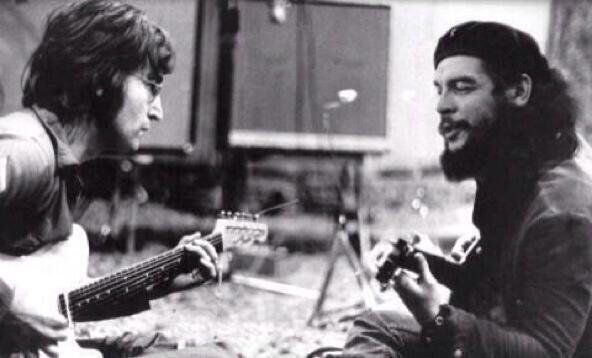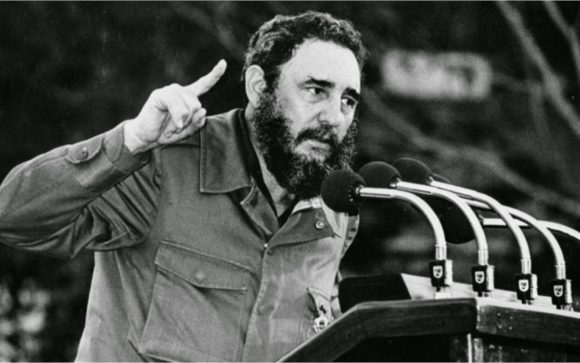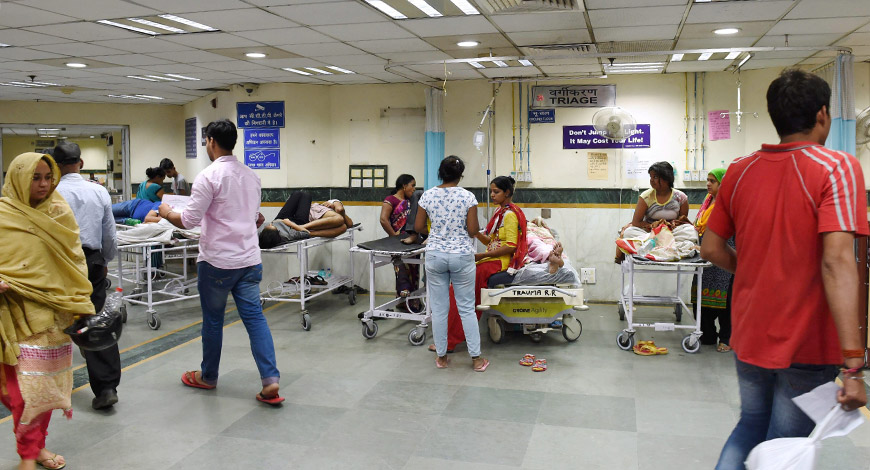The Caribbean island of Cuba is all set to draft a new constitution and while it is in the process of doing so, aspects as controversial as same-sex marriage, private ownership and presidential terms are being debated. Since August, the citizens have been gathering through government-organised meetings to discuss the key aspects of the proposed constitution.
Priyanka Yadav | The New Leam

CUBA | State and governments are formed when people agree to enter a social contract. The social contract, which is an agreement amongst the citizens of the state, according to which they agree to choose amongst themselves, a group of individuals or an individual who would be responsible to protect and safeguard the rights and liberty of the citizen.
Social contract in a way defends the legitimacy and authority of the state, where an individual is ready to give upon his/her individual rights to enjoy the benefits of a political order. Theorists like Thomas Hobbes, John Locks, Jean-Jacques Rousseau have defended yet explained the idea of social contract with their theories and writings in a profound manner.
When the state and its citizens enter the social contract they dominantly confer to the constitution. The Constitution acts as a moral document from which the authority and limits to the authority of the state is derived. The kind of authority which the state has differs from constitution-to-constitution and state-to-state and also the nature of it differs but predominantly, it remains the document for the governance of state and society. Therefore constitution making is but a meticulous yet lengthy process. As by being a moral document, it is crucial while designing the document for the makers to ensure justice is done to every single member of the society.
Cuban Constitution Making Process
In one such unique constitution making process, in the world today, we are witnessing the constitution formation of the state of Cuba, a small island country which was devastated by the collapse of Soviet Union in 1991. Until now and till the time the new constitution comes in to order the country is ruled by the 1976 soviet-era constitution. Now, the need to modernise the constitution as per the changing nature of society and by the will of its people, is been realised by the lawmakers of the state.
The Cuban government has agreed on the idea of reformulating a modern constitution for ensuring democracy especially participative. In order to make this shift from a one-party government to a participative democracy, Communist Party of Cuba designed a draft constitution inclusive of the codified changes in Cuban society which has occurred since 1991, the draft contains 87 new articles further increasing the number to 224. The basic idea on which the remodelling is based is to shift from a communist society to a socialist state.
The draft constitution was presented to the National Assembly of People’s Power by Secretary of the Council of State on 21st July 2018. The National Assembly then approved the new constitution on 22nd July 2018 and further it was announced by the assembly that the draft would be open for national referendum after a national consultation starting from August to 15th November.
After approving the draft the President of the Cuban State stated that it was important to host a national referendum so as to ensure that every citizen is free enough to express their opinion which will help in building a constitution that reflects the today and future of the nation.
The national referendum would be held in February 2019, based on the consideration taken by the citizen in 135,000 meetings, in schools, hospitals, parks other public spaces from August to November, Cuban exiles were also a part of this meetings.
Draft Proposal
Draft proposal of the constitution envelopes certain remarkable pattern, needs and demands of the society like appointing a Prime Minister in addition to a President, to supervise the day-to-day activity of the state. Provincial assemblies have been eliminated and appointments to the office of a governor and deputy governor are to be made, here the task of the former will be to preside over a provincial council made up of municipal leaders.
Private Business and New Farm Cooperatives in the economic activity of the state, accumulation of private property is banned by the state. In the new version of the constitution, rights of the LGBTQI community have been recognised to ensure gender equality. For the first time right of Habeas Corpus is also been provided by the state to its citizen.
With the above mentioned changes and all the suggestion made by its citizens through national consultations, Cuba is all set to give to its people a constitution by them and for them, as the national consultation got over on 15th November the state is all set to hold a referendum in February.
While the opposition is wary of the idea of ensuring participative democracy and establishing a socialist state, the Cuban government’s response to constitution building does set a standard benchmark in the history of constitution building globally.














